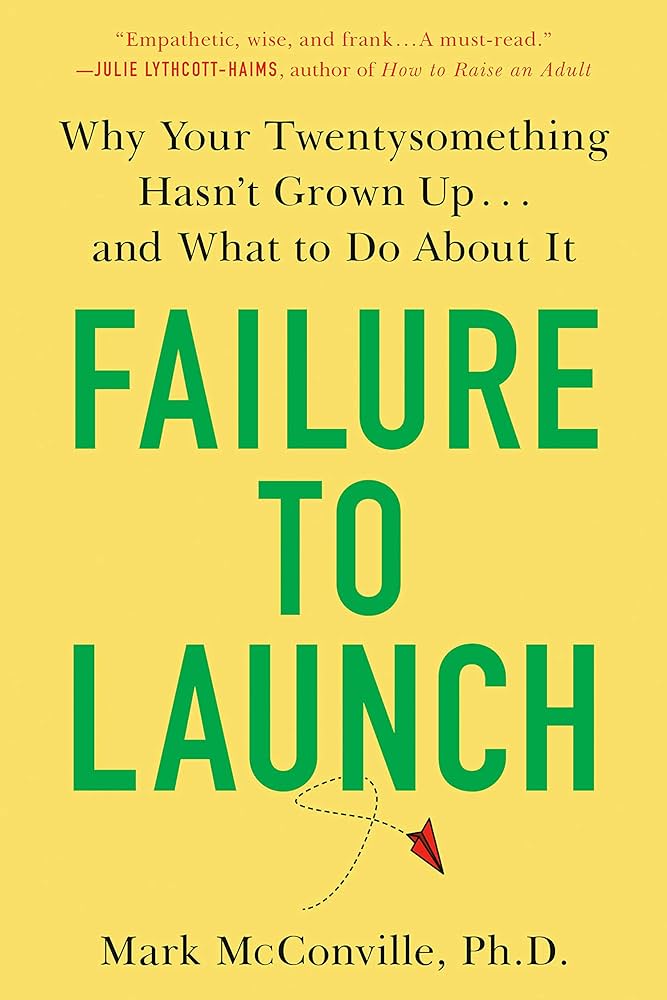Failure to launch – Page 2 of 2 – StartupSmart
“But the problem with Booking Angel was that restaurants would only pay when they got a reservation and they were only getting a few extra reservations a day. I knew that if I could generate a lot more traffic for them that they would pay a lot more.
“Then I found out about a business that was doing exactly what I wanted to do. That business was Groupon.
“So I spoke to the guys at (tech incubator) Pollenizer about what I’d learned and we set up Spreets.
“Booking Angel is still alive and making reservations, although no-one’s really driving it – but it’s still my baby and I’ll find it hard to let it go, which is one of the biggest problems business owners have, knowing when it’s time to let go of an idea.”
Amanda Falconer
One business owner who didn’t have the problem of walking away from a failed initiative is Amanda Falconer.
As she explained: “In my late 20s I had a business making pyjamas and bathrobes and started selling through David Jones and boutiques and doing reader offers with ACP Magazines (publisher of Cleo and Cosmopolitan).
“Then Cosmo asked me to do a Valentine’s Day offer for some men’s boxer shorts. I didn’t understand the complexities of boxer shorts and they were a disaster, badly cut with a terrible design.
“I had loads of boxers left on my hands and Vinnies ended up inheriting a whole lot of badly shaped Valentine’s Day boxers that year.”
That experience and a couple of other bad decisions prompted Falconer to do some serious introspection about the future of the enterprise.
“I was managing everything about the business and I knew that if I wanted to go to the next level I would have to employ staff and expand what I was doing because I didn’t even have enough time to step away from the business to do a business plan.”
So she decided to fold the business and go back to full time employment.
Since then she has again braved the start-up world, establishing the Sydney Small Business Centre, a source of advice for small business owners.
Falconer says in her experience “if a business has a problem, nine times out of ten it’s a marketing problem.
“Usually the business owner is so involved in the business they can’t stand back and see what needs to be done to solve their problems. Usually they need to get outside assistance to help them over this hurdle,” she says.
She has some advice to entrepreneurs who might be struggling to recover from a business failure.
“My biggest thing was thinking I wasn’t good enough – that’s what held me back. But I knew more than I gave myself credit for,” she says.
“It’s also important to stick to your knitting – work out what you’re good at and stick to it. Don’t take every piece of work that walks through the door.
“It’s OK to turn away some business because it will allow you to focus on what you’re good at, which will ultimately drive the success of the business,” she advises.

